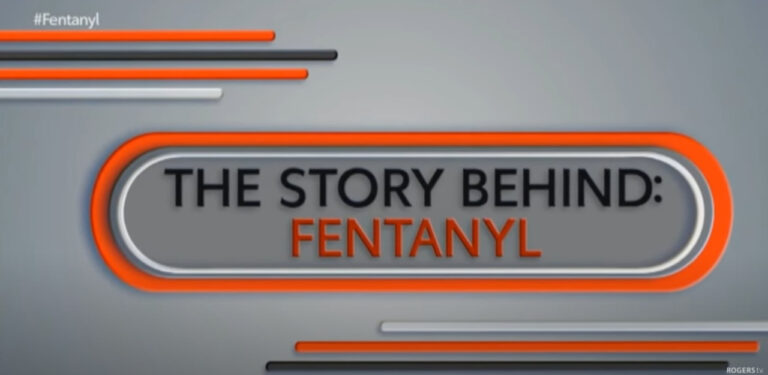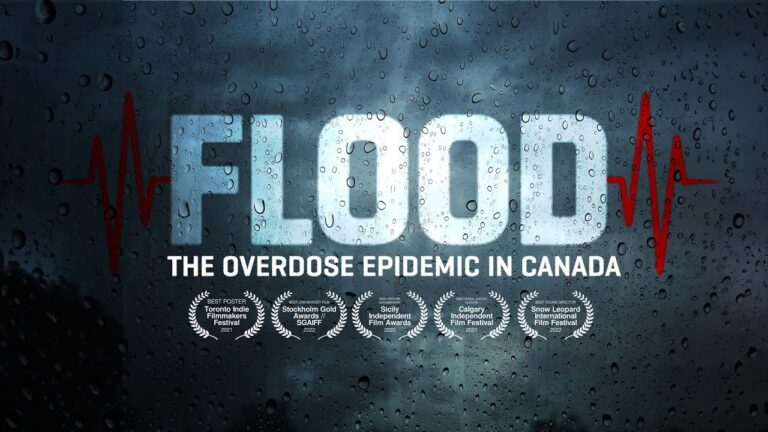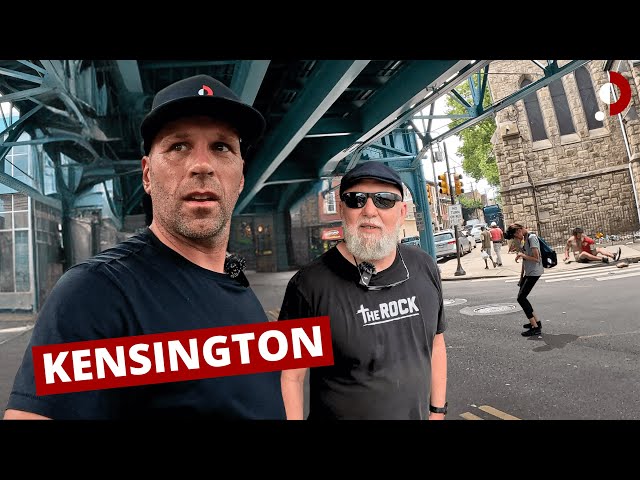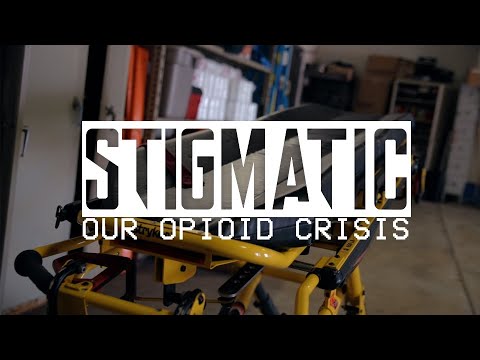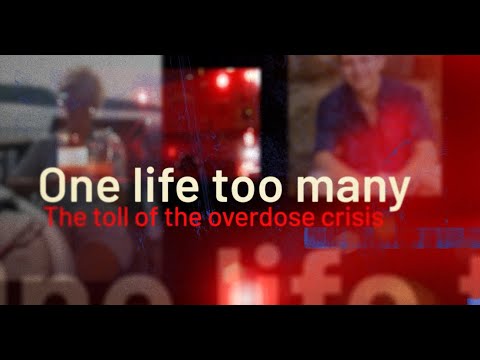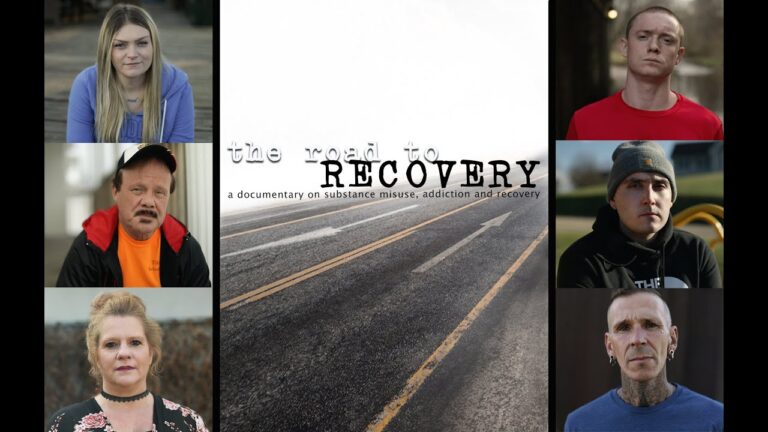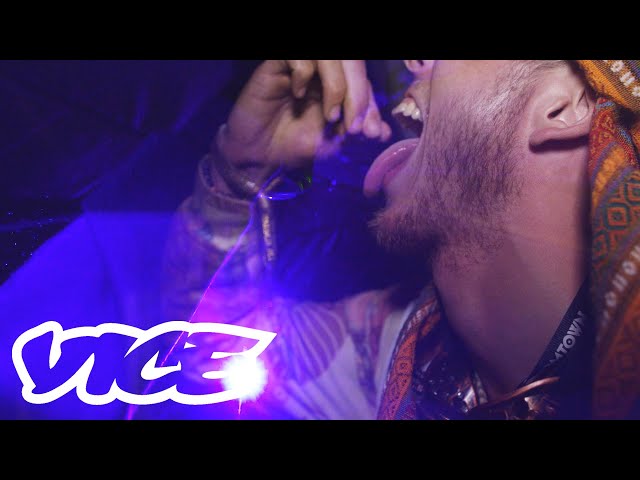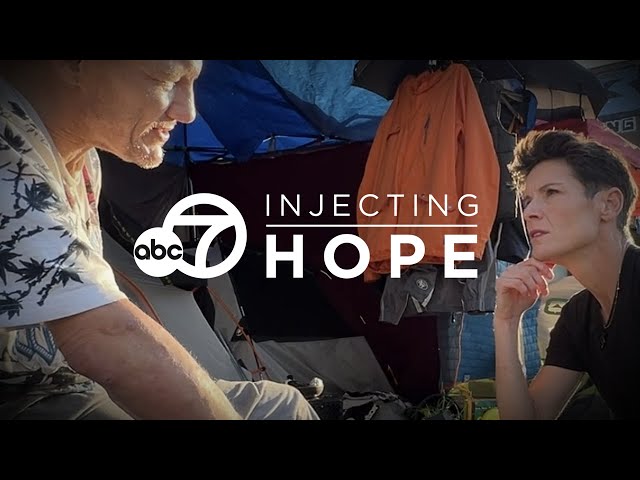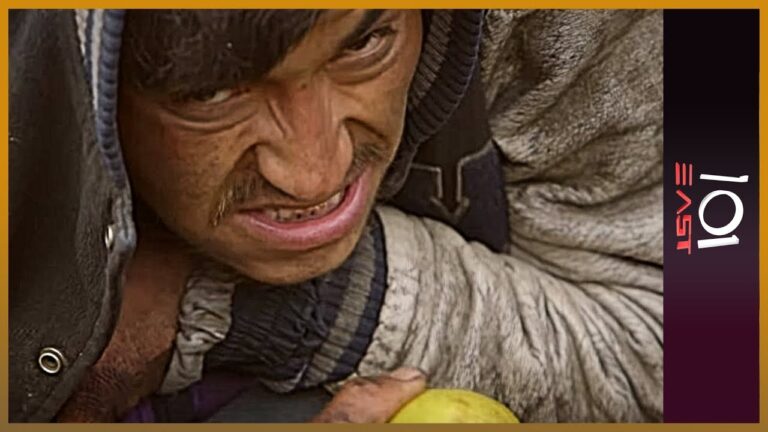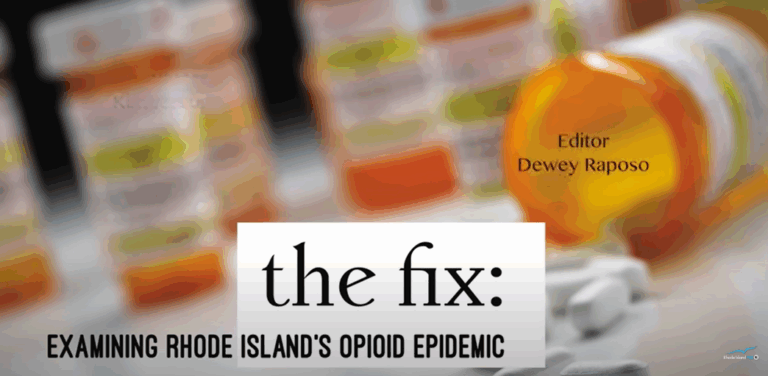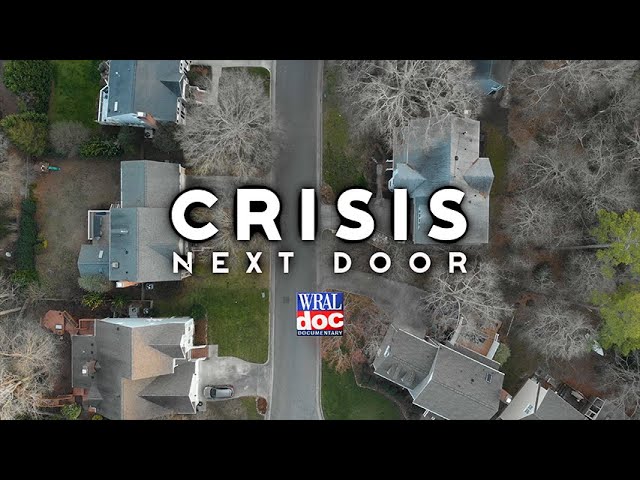Introduction
Over the next hour, we’ll share the stories of people overcome by this dangerous addiction, and we’ll show you the grief families are going through. We’re also taking a look at the local efforts (by doctors and law enforcement) to get ahead of the opioid crisis, and we’re looking at local and national resources. We’ll let you know what’s available, how you can help, and what our community needs. [Quote from Video]
Watch Now!
Quotes
“We don’t know who it’s going to affect next. Drugs aren’t just for ‘poor people’. Drug addiction affects everyone, socioeconomics play no part in it.”
“It was soon pretty evident that the whole drug culture was pretty attractive to her and I was really concerned as a mom. It’s hard to know what to do. I really feel for everyone out there who has a child that has an addiction problem because you don’t know where to turn and there’s so much stigma surrounding this – it’s hard to even talk to other people about it.”
“If just one person hears me, if just one person does one thing to save a life, then I don’t care about a million naysayers or people who don’t understand. I just care about that one mother that I can stop from experiencing the pain that I have.”
“Fentanyl, I believe, is the most radical change in drug trafficking that we’ve ever seen in this country. What you’re seeing is that this is now the go-to additive – it’s a very, very cheap, extraordinarily potent, extremely profitable additive you can put in anything.”
“You don’t wake up in the morning saying, ‘Geeze I hope something happens to my child because I want to be an advocate for something,’ but it puts you in a spot where you’re left with nothing but that choice to make a difference so that your child didn’t die in vain. I never wanted to think that Ryan’s life did not matter.”
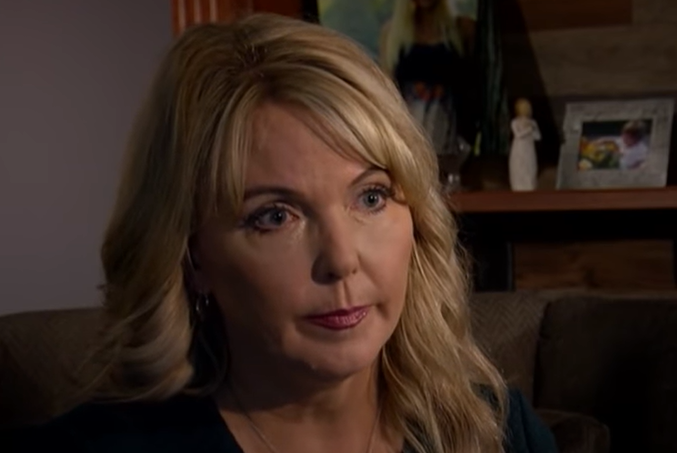
“I’ve set up a fund called ‘Emily’s Hope’ because I never gave up hope on my daughter. I want her life and her tragic death to at least give someone else hope.”
ANGELA KENNECKE
“Good Samaritan Laws are supposed to protect friends who are using together when something goes terribly wrong. South Dakota put one on the books in 2017, yet people continue to overdose and die because those around them are too afraid to call police.”
“My love for the drug was stronger than my fear of the needle. I would have done anything to get it; to keep that feeling, to keep everything just okay.”
“Drug Court has been combining supervision, treatment, counselling, and support since 2011 … there is a team made up of attorneys, law enforcement, treatment counsellors and more to help the people who come here.”
“If you’re not really ready to stop, none of these things are going to help anybody. You literally have to hate this with everything that you have, that’s the only way you’ll ever stop.”
“If he were to slip up – he might – that doesn’t mean that you’re a failure and you start over at day zero. You just get back up and continue walking.”
“The old model for addiction was always total abstinence. In this case, we’re not saying ‘use opioids’. We’re saying we need to use another medication to help that person deal with this so they can move on. Otherwise, it’s almost impossible for some people to get off of these on their own.”
Continue Learning
Hey there! I hope you found this resource useful! If you’re interested in learning more about some of the topics discussed, you can browse through these additional resources. Please don’t hesitate to contact me if you need help with anything else.
Opioid Crisis
- Beyond Supply: How We Must Tackle the Opioid Epidemic [PDF]
- California’s Opioid Crisis
- Facts About Naltrexone [PDF]
- Fentanyl: America’s Grim New Opioid Addiction
- How America Got Hooked on Opioids
- How Good Intentions Contributed to Bad Outcomes [PDF]
- How the Government is Making the Opioid Crisis Worse
- Opioid Crisis: Addiction, Overprescription, and Insufficient Primary Prevention
- The Impact of the Deadly Fentanyl ‘Plague’ on One American City
- The Opioid Crisis in Canada: A National Perspective
- Understanding the Opioid Overdose Epidemic
- Unraveling the Start of the Opioid Crisis
- What Led to the Opioid Crisis – and How to Fix It
- Why Is There an Opioid Crisis?
Opioid Use Disorder
- 2-Minute Neuroscience: Opioids
- Drug Addiction: How Opioids Like Fentanyl Work
- How Do Opiates Affect the Nervous System?
- How Drugs Hijack Your Brain’s Mu Opioid Receptors
- Medications for Opioid Use Disorder
- Medications for Opioid Use Disorder
- Opiate Addiction | The Causes
- Opiate Addiction | The Signs
- Opiate Addiction | Why It’s So Intense
- Opiate Use Disorder or Opiate Addiction?
- Opioid Addiction (CAMH)
- Opioid Overdose (WHO)
- Opioid Use Disorder (NIH)
- Opioid Use Disorder: Medical Treatment Options
- Opioids & the Body: The Science of An Overdose
- Signs of Opioid Use Disorder
- Therapeutic Approaches to Opioid Use Disorder: What is the Current Standard of Care?
- This Is What Happens to Your Brain on Opioids
- Treatment of Opioid-Use Disorders
- What Causes Opioid Addiction, and Why Is It So Tough to Combat?
Prescription Addiction
- Addicted to Prescription Drugs at Age Eleven
- Commonly Abused Prescription Drugs
- Hooked: The Dangers of Prescription Drug Addiction
- Opioid Addiction Is the Biggest Drug Epidemic in U.S. History. How’d We Get Here?
- Prescription Drug Abuse (Mayo Clinic)
- Prescription Drug Abuse (WebMD)
- Prescription Drugs (CCSA)
- Prescription Opioids (CAMH)
- Pain Management and the Opioid Epidemic: Balancing Societal and Individual Benefits and Risks of Prescription Opioid Use
- Relationship between Nonmedical Prescription-Opioid Use and Heroin Use
- The Most Addictive Prescription Drugs on the Market
- Understanding Addiction Prescription Drugs
Talking to Kids About Addiction
- 8 Tips for Talking to Kids About Drugs
- Do’s and Don’ts: Talking to Your Kids About Drugs
- How to Have a Conversation About Drugs and Alcohol with Your Kids
- How to Talk to Kids About Drugs in the Age of Fentanyl
- How to Talk to Young Children About Alcoholism and Drug Addiction
- How to Talk to Your Child About Drugs (Ages 6 to 8)
- How to Talk to Kids About Drugs
- How to Talk to Kids About Drugs
- Prepare Yourself to Talk Effectively
- Talk with Your Children About Gambling
- Talking to Teens about Drugs: Found in Reverse Translation?
- Teen Gambling
- Teens and Drugs: 5 Tips for Talking with Your Kids
- The Domino Effect: Youth and Substance Abuse
- What Parents of Teens Should Know About Online Gambling
- Why You Should Talk with Your Child About Alcohol and Other Drugs
- You Did Drugs. What Do You Tell Your Kids When They Ask?
Share Your Opinion
If you have finished reviewing this resource and have some spare time, I would greatly appreciate it if you could provide your opinion. Was it useful and informative? Did you run into any problems or find something distasteful? I’m thankful for any constructive and helpful feedback to help me improve.
* Your review will be for this specific post and as a result will affect the star rating of the resource. All submissions are reviewed for approval to filter out spam and inappropriate comments. Your email is requested as I may want to follow-up with you. Please also be aware that your review may be placed publicly on this website for others to read.
There are no reviews yet. Be the first one to write one.
